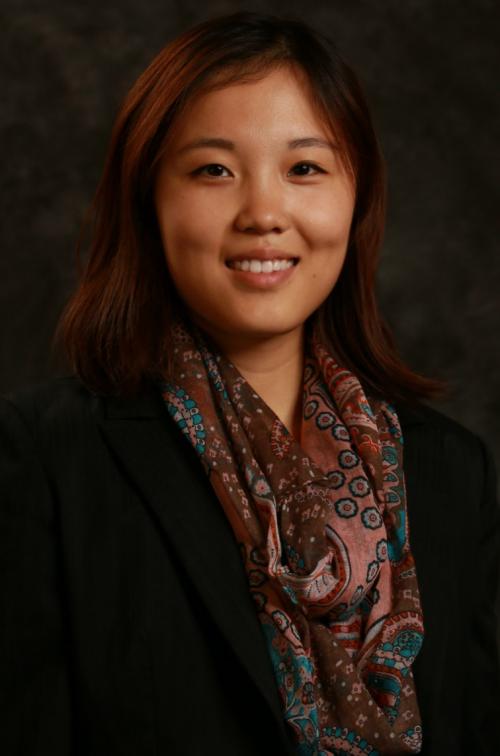
Blog
Five Reasons You Should Try Speed Networking, Too

In the beautiful York Room in the Divinity School, I could almost hear my mind racing, trying to remember what I had read from alumni bios the night before. I sat at a corner with another student while each alumnus rotated between student groups. I was nervous; this was my first time attending a speed networking event. When I read about this event, I was hesitant. This “speed” networking sounded like a structured process during which participants would rush through 15-minute conversations; initially, I thought there was no way that it could have been useful. But was I wrong! I ultimately chose to attend the event because I remembered all of my previous positive experience with Duke alumni, and this experience turned out to be no exception. I was glad that I went, and here are five reasons you should participate, too!
1. Speed helps
Having limited time makes the conversations concise and fast-paced; I only had time to ask my most important questions. The alumni also got to the point by asking us direct questions about our graduation timelines and how they could help us. For example, after Dr. Bob Beckler, B.S. ‘83 heard about my environment and energy background, he immediately started sharing his knowledge and recommended companies I should contact.
2. Networking is always better in person
A lot of networking takes place online these days. Like many others, I’m used to sitting in front of my laptop and browsing through countless LinkedIn profiles or researching alums using the Duke Alumni Network. However, face-to-face networking lets us build deeper connections. After reading about him in The Graduate School’s alumni profiles series, I had connected with Dennis Gilmore, Ph.D. ‘78 on LinkedIn, only to have our digital conversation wither a few days later. But meeting Dennis in person helped me learn more about his career and how he made his impact. That was something I could not have experienced simply from reading his profile.

3. No experience is irrelevant
I was also nervous because I didn’t share a similar background with the alumni. Many of the alumni work in fields like engineering and medicine, while I study earth science and energy. But did it limit us from making productive conversation? Absolutely not. For example, even though Cynthia Hougum, Ph.D.’93 works in healthcare, she gave us great advice on starting new jobs: always identify the knowledge gap and ask for help. It turned out that a lot of the lessons that alumni gave were not field-specific. Their advice provided a survival guide for jobs across all disciplines.
4. Duke alumni are always on our side
The Duke alumni with whom we met are great leaders who achieved many milestones in their field. I was anxious at first because I thought I didn’t have enough exciting projects to share and that I wasn’t “worthy” of taking their time. However, as Nathan Kundtz, M.S. ’08, Ph.D. ’09 pointed out, he could have chosen to do so many other things instead of sitting in that room and connecting with us students. Lori Lehman, Ph.D. ’83 also shared how she balanced roles as an older sister and a team leader. I realized that those Duke alumni chose to spend the precious morning with us because they wanted to hear about our lives at Duke and help us with our future plans.

5. Stay connected
The most important takeaway from any networking event is to sustain the connection afterward. The Graduate School’s professional development team did a fantastic job helping us with this by preparing tip sheets for note-taking and helping to set reminders to follow up with alumni.
Networking requires practice, so it never hurts to step out of your comfort zone and meet some awesome alumni. After all, there is nothing to lose by participating in those speed networking events; you could get great advice and new ideas while meeting inspiring people from all walks of life. Alumni also enjoyed this experience, so if you’re interested, stay tuned for future events!
Editors’ note: You can participate in the next speed networking event on March 6, 2020. Register by February 26, 2020.
Author

Xiaoxuan (Jessie) Yang
M.S. student, Earth and Ocean Sciences
Xiaoxuan (Jessie) Yang is a second-year graduate student in the department of Earth and Ocean Sciences at the Nicholas School. Her research focuses on investigating the response of U.S. residential energy use to a changing climate.